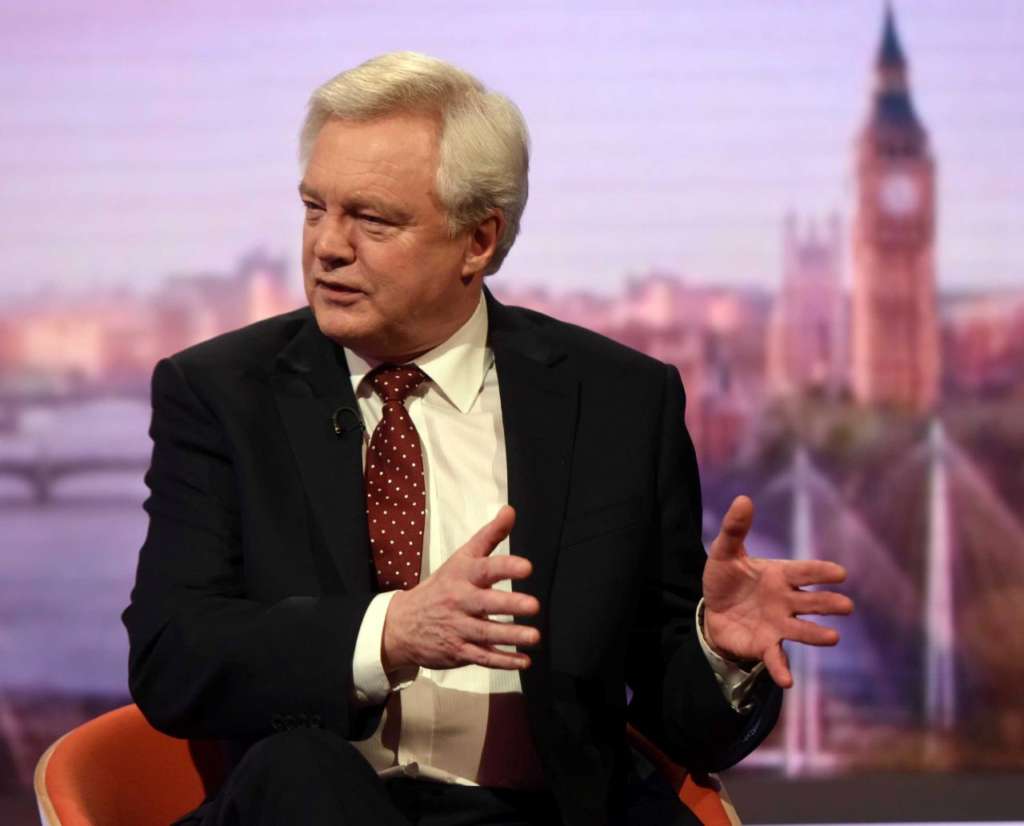London- British MPs held their first vote Monday on a bill to end Britain’s membership of the EU, which ministers say will avoid a “chaotic” Brexit but has been condemned as an unprecedented power-grab.
The legislation would repeal on Brexit day the 1972 law through which Britain joined the bloc, transferring in bulk around 12,000 existing EU regulations into the British statute books.
The European Union (Withdrawal) Bill aims to convert around 12,000 EU laws and regulations into UK domestic laws on the day Britain leaves the bloc in March 2019.
After an eight-hour debate on Monday, the House of Commons voted 326-290 in favor of the bill’s second reading, which allows it to pass to the next stage of the parliamentary process.
Earlier in the day, Brexit Secretary David Davis said “a vote against this bill is a vote for a chaotic exit from the European Union.”
“The British people did not vote for confusion and neither should Parliament,” he said.
The bill goes into the Committee stage where each element of the bill will be scrutinized before it goes to the House of Lords for its consideration before coming back for a further vote in the House of Commons.
However, the main opposition Labor party had voiced its objection to the bill, arguing that its provisions to smooth the transfer of EU laws represent an unacceptable expansion of executive power.
Although the legislation has passed its first test, Conservative MPs have warned they could seek to amend the bill as it comes under further scrutiny in the coming weeks, amid concerns about its constitutional implications.
While most MPs have accepted that Brexit will happen, the shape of the European divorce remains unclear and May has been under pressure from all sides after losing her parliamentary majority in the June snap election.
The government plans to leave Europe’s single market and customs union after Brexit but is seeking a transitional deal that would replicate existing arrangements until it agrees a new trade deal with the EU.
Labor wants to remain in the single market during the interim period following Brexit day, currently set for March 29, 2019, while a eurosceptic group of Conservatives is pressing May to make a clean break.
Such issues will need to be agreed with the EU, and the Repeal Bill does not propose any changes in policy.
But it does give ministers the power to implement the final Brexit deal without full parliamentary debate.
“It would be ministers who decided our new trade arrangements, customs arrangements and immigration rules, any deal on citizens’ rights and much else,” Labor Brexit spokesman Keir Starmer wrote in the Sunday Times newspaper.
